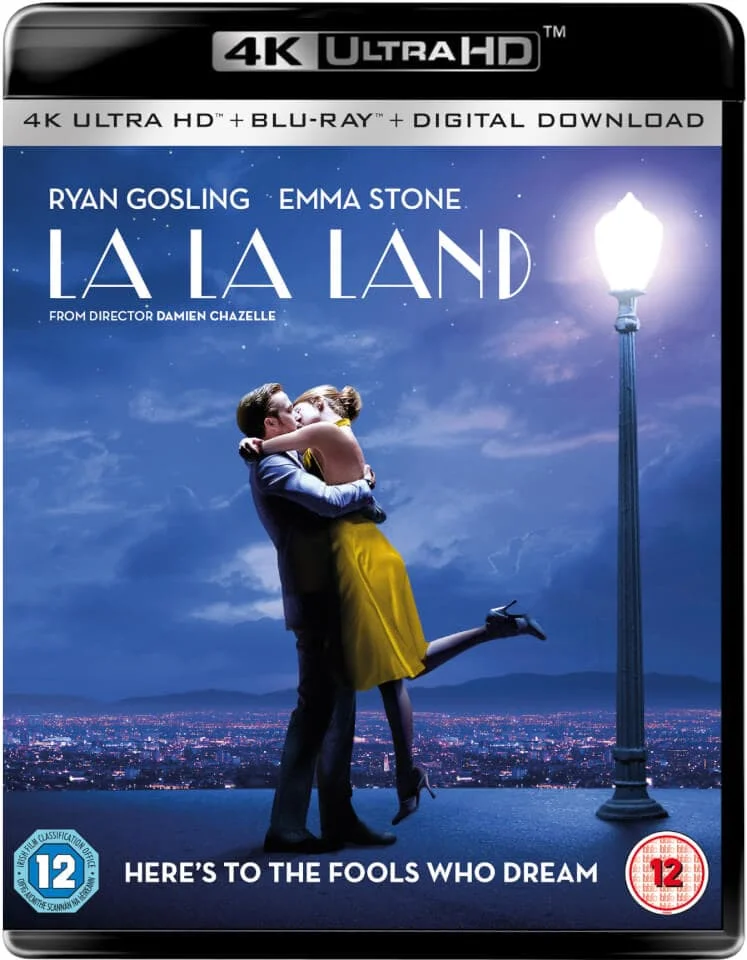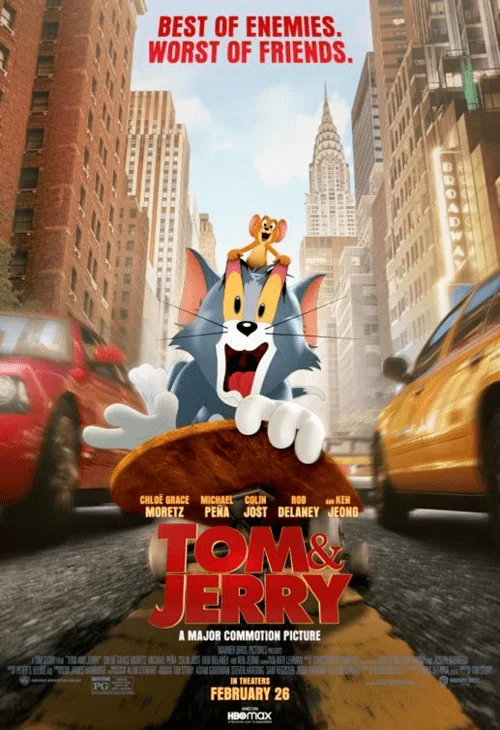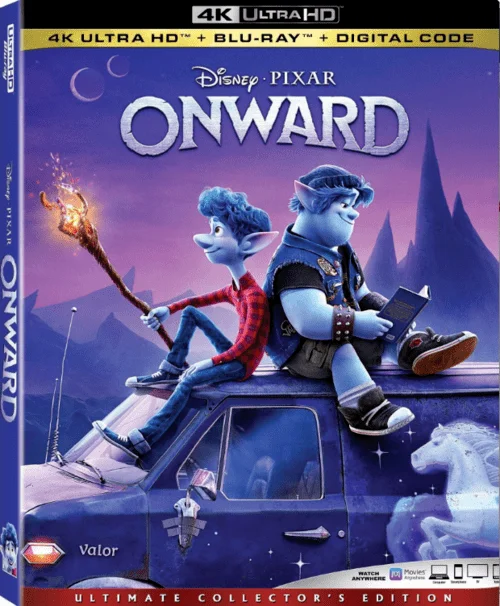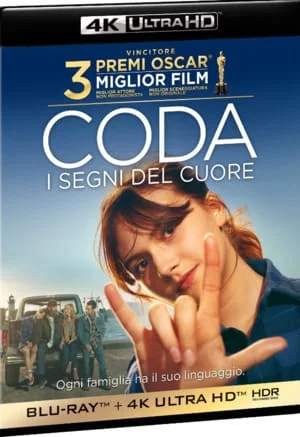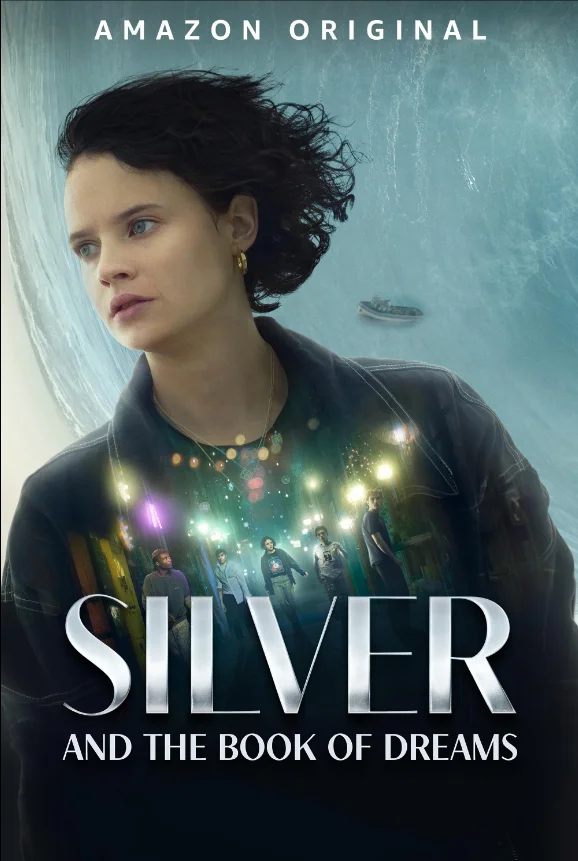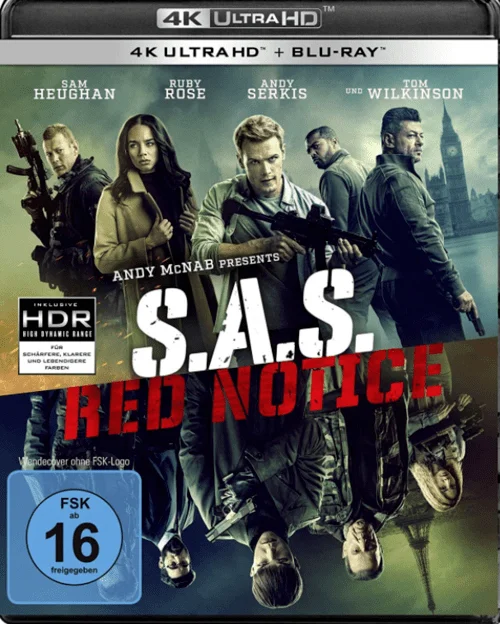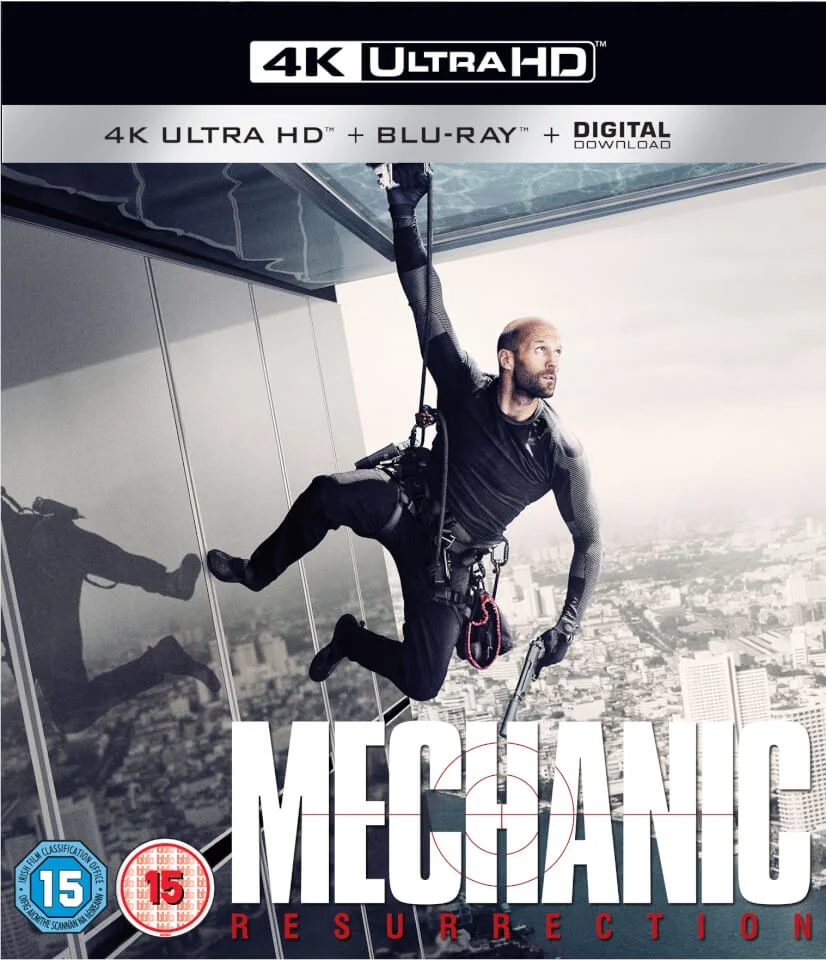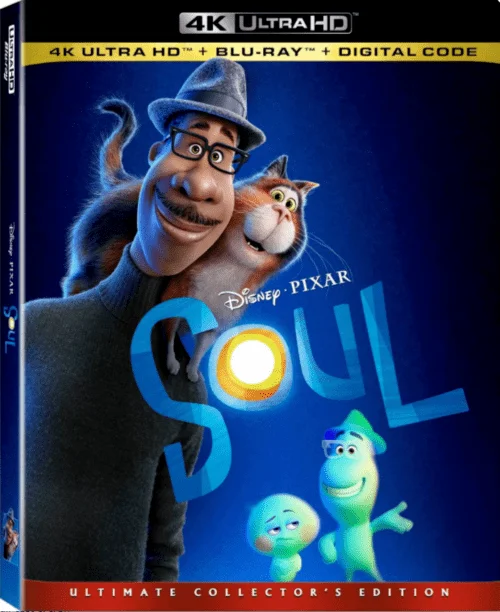
Soul 4K 2020 Ultra HD 2160p
Cast: Jamie Foxx, Tina Fey, Graham Norton, Rachel House, Alice Braga, Richard Ayoade, Phylicia Rashad, Donnell Rawlings, Questlove, Angela Bassett, Cora Champommier, Margo Hall, Daveed Diggs, Rhodessa Jones, Wes Studi.

The main character is jazz musician Joe Gardner, who also works as a teacher. He is in constant crisis, but one day all his dreams almost come true. True, it is at this moment that he finds himself in a strange place that will help him to reevaluate his whole life.
Soul 4K Review
Joe Gardner works as a music teacher at school, but from childhood he dreamed of a career as a jazzman. Each time, something interferes with his plans, and now it seems that a real chance is coming: the man is invited to audition for the group of the famous saxophonist Dorothy Williams. Joe successfully passes the casting, but in joy he does not notice the open hatch on the road and falls there. The next thing he sees is a staircase to the sky and a light at the end of the tunnel.
Literally escaping death, Joe falls through space and enters the Do World, where unformed souls await their birth. Here disembodied creatures, all of whom are called Jerry as one (except for the evil accountant Terry), give Joe the task: to prepare the 22nd, unlucky soul without any will to live for life. Previously, neither Archimedes, nor Copernicus, nor Mother Teresa could cope with this. But together they come up with another plan: by tricking Joe himself back to earth (after all, the 22nd doesn't really want to be born).
In "Soul" there is a scene where one of Jerry - the higher beings that follow the World After and the World Before - tries to explain to the protagonist his strange appearance: they say, we actually look much more complicated, but we make our appearance in such a way that it was easier for people to perceive it. This phrase can easily be considered as the creative credo of the authors themselves from Pixar. In recent years, over and over again, they have taken overwhelming concepts like old age (Cars 3 and Up), loneliness (Toy Story 4, WALL-E), death (Coco's Secret, Forward, and now "Soul") and wrap them in the digestible form of a "sort of" children's cartoon, put them in easily accessible abstractions. From a company that almost fell into the trap of the capitalist conveyor at one point - this is when Pixar did all sorts of "Cars 2" and "Monster Universities" - in a couple of years it finally turned into such a modern version of Fred Rogers or Dr. Seuss. Children's authors of the past, who were not afraid to talk to the audience about unobvious and sometimes creepy topics.
And director Pete Docter was the kind of marshal of this Pixar restructuring. Soul closes his unnamed trilogy of films about the existential crisis of people of different ages: first there was an old man from Up, then a teenage girl from Puzzle, now here is a middle-aged man who does not understand why he lived his life at all. Moreover, the last two paintings of Docter have a lot in common. First, of course, they both work with abstraction characters: emotions, souls. They visualize the inaccessible, transcendental world of human consciousness, making it easier for all those inquisitive children (and adults too) who cannot sleep at night, tormented by questions like “Why am I me?”.
Second, and more importantly, Soul, like Puzzle, is a therapeutic movie. With all its apparent script simplicity and silly scenes like the one where Joe's mind is in the body of a cat (an episode that should clearly cheer up the kids who are bored from the painful drama), the film postulates that life, they say, is not at all simple. That the goal in it is not determined by some innate "vocation", and there is no goal as such - at least that which can be formulated in languages known to mankind. And the meaning of life is, well, just to exist, “to live every second of it,” as the hero of the film himself defines.
Sounds like a banal thought, which should be on some cheap, colorful postcard with the signature "Jacques Fresco". But that's the magic of Pixar - and of animated films in general. Due to its innate abstractness, a certain detachment from physical reality, it can be expressive and over-emotional, make those ideas work that we would definitely consider "vulgar" in live-action.
Moreover, in "Soul" animation plastic works on two levels at once. The ordinary world here looks almost photorealistic, and the artists masterfully imitate the effects of shooting on a movie camera: depth of field, "glare" in the windows, specific shaking. This, of course, does not make the film look like live-action (the figures of people are still deliberately unreal), but instinctively brings the viewer closer to Joe's everyday conflict. But the afterlife (where everyday conflict grows into a matter of literally life and death), on the contrary, is emphatically "drawn", hypertrophied colorful, with simple forms and without camera effects.
Peter Docter's main talent is not in his directorial or screenwriting skills (although he also has this), but in the fact that he understands the features of his native medium and uses them for his own good. Therefore, “Soul” is capable of penetrating even the most cynical cinephiles, so those who watch exclusively festival “Hidden Gems” still cry bitterly over the new Pixar cartoon once a year. Pure movie magic and no deception: on the one hand, we know that the questions of life and death are much more complicated than Docter shows them. On the other hand, it's so nice when they appear so tangible. When you believe that there is no need for any other morality than "just live."
Info Blu-ray
Video
Codec: HEVC / H.265
Resolution: Native 4K (2160p)
HDR: HDR10
Aspect ratio: 2.39:1
Original aspect ratio: 2.39:1
Audio
English: Dolby Atmos
English: DTS-HD Master Audio 7.1
English: Dolby Digital 5.1
Subtitles
English SDH, Spanish.
File size: 14.1 GB
Trailer Soul 4K 2020 Ultra HD 2160p
Latest added movies
Comments on the movie
Add a comment
 like
like do not like
do not like